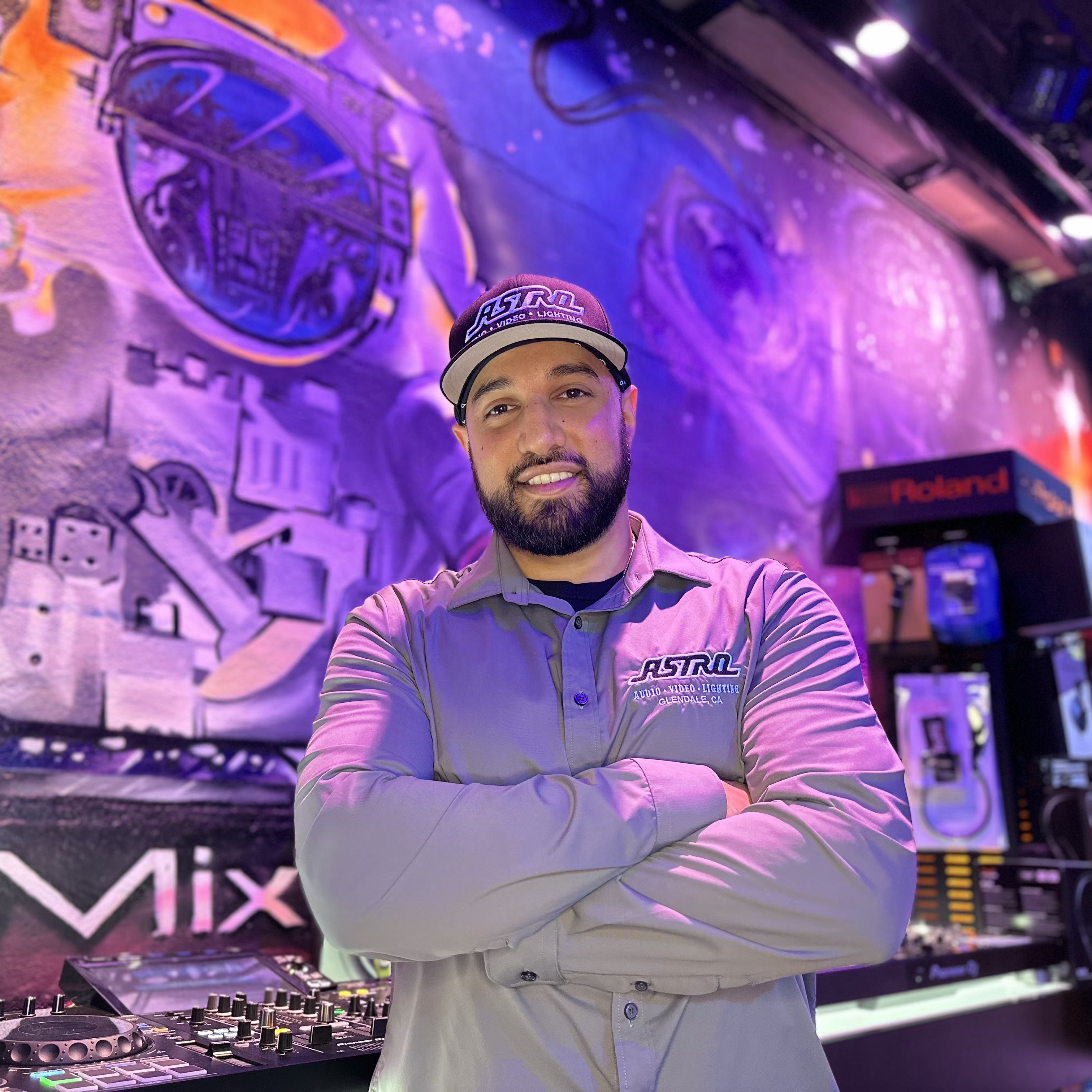We’ve all heard of self-advocacy, but what is it? Well, in the simplest terms, it’s the ability to speak up for yourself. With this in mind, we can go in a bunch of directions, but for this article, let’s focus on professional growth. Before we begin, I have to preface that this is a skill that I’m continuing to refine myself, and one I’ve had to dedicate time to learning how to incorporate into my daily work routine.
One of the most important things I’ve learned about self-advocacy is that it doesn’t just apply to your work and career trajectory. Learning how to advocate for your well-being professionally is equally essential. For years, college instilled the mindset that as a young professional entering the workforce, I had to be “on” 110% of the time. That included answering emails after I shut my laptop at the end of the day, working weekends, checking in during my time off, and ultimately burning myself out. It wasn’t healthy.
The pandemic, oddly enough, forced me to learn how to craft those boundaries and advocate with myself that once I turn off for the day, it’d be tomorrow’s problem. Trust me — it’s easier said than done. I’ve taken steps to silence notifications after a particular hour, or when I’m on PTO, so I won’t have the urge to check in from my phone. The more it’s talked about, the better we can hold ourselves accountable for our well-being.
MY SELF-ADVOCACY JOURNEY
Self-advocacy is also about looking for opportunities to make yourself more marketable and help define your personal brand. This means looking for ways to get out of your comfort zone, challenge yourself and take risks through educational and networking events.
As a young professional, I always seek ways to build my brand. We’re the only ones who truly control our destiny and growth. It’s not up to the person sitting next to us at the office or our managers. It’s on us to find and seize those moments for future career opportunities.
Last year, I was fortunate to be selected to attend the Women of NAMM’s Leadership Summit at NAMM’s headquarters in Carlsbad, California. This three-day intensive allowed me to dedicate time to my personal and professional growth. I learned more about myself in those three days than I could ever have expected. However, behind the scenes, during the application process, I questioned if I was even ready for an experience like this. Was I far enough in my career to spend three days developing leadership skills? The answer was “yes,” but the voice in my head almost deterred me from applying. We can’t let those voices hold us back because we never know what can come of these types of experiences. What’s the worst that can happen if you don’t get accepted? You can try again next year, learn from it and research other ways to invest in your growth.
Another example of self-advocacy through the lens of seizing the opportunity came during the pandemic when I was inspired to launch a podcast for Women of NAMM. When I began ReVoicing the Future, I saw a gap to be filled — an opportunity to build something with a lasting impact. I trusted my gut. This project was good and worth the time I would dedicate to building it up. I didn’t wait for someone to say, “Natalie, that’s a great idea, go and pitch it.” I put pen to paper and sent an email. Three years later, this small idea in my head has developed into a resource that people in our industry look forward to consuming monthly.
We can be our own worst enemies and critics, but self-advocacy is learning when to stand up for what is best for you and your future.
Sometimes the most fulfilling moments are ones in which you quiet the noise around you and say, “I got this.” Only you decide for yourself, not what others want or expect. Now, I challenge you to reflect on how you advocate for yourself. MI
Natalie Morrison is the brand communications strategist at D’Addario.










